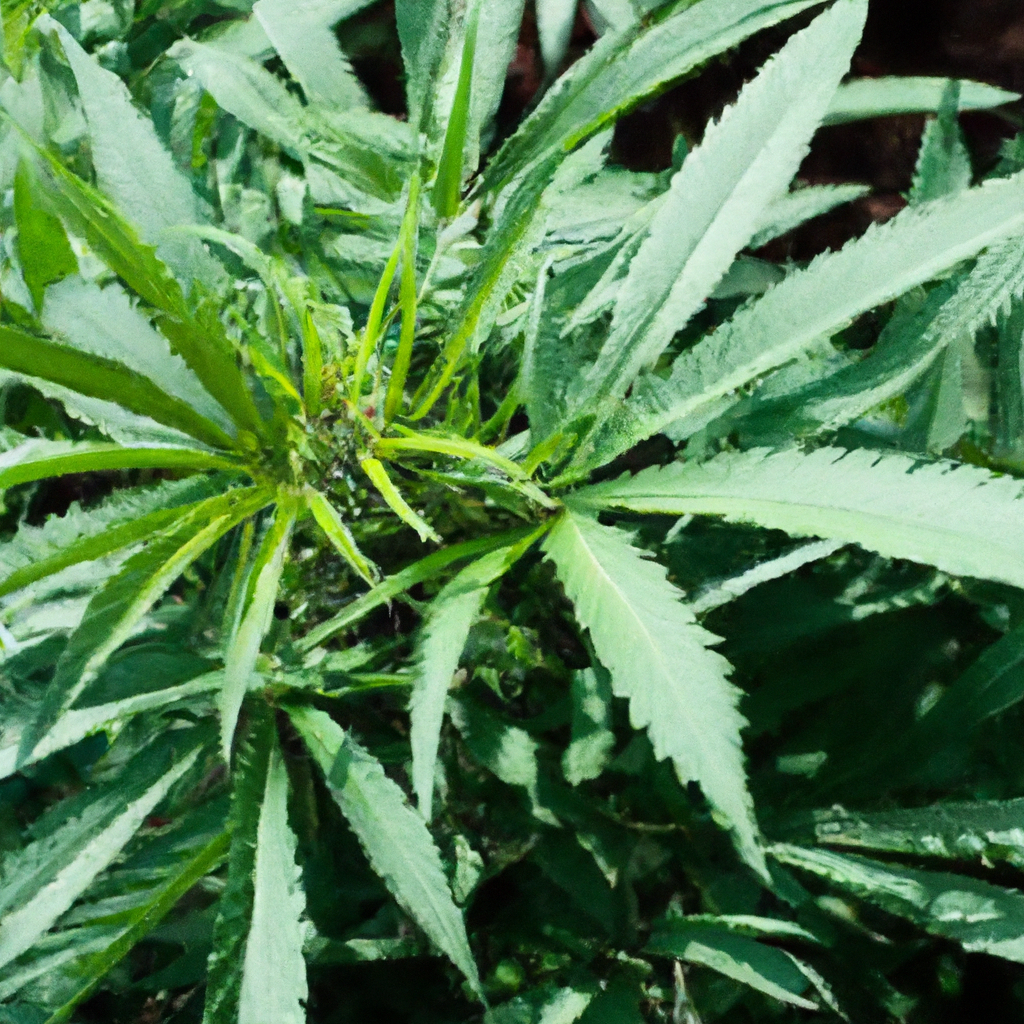Your cart is currently empty!
In today’s world, where sustainability and environmental consciousness are becoming increasingly important, organic cannabis cultivation offers a solution that benefits both grower and consumer. Organic practices align with nature’s rhythms, ensuring healthier plants and a greener planet.
Building a Thriving Soil Ecosystem
At the heart of organic cultivation lies the philosophy that healthy soil leads to healthy plants. Creating a balanced soil ecosystem involves using compost and natural fertilizers. Here’s how you can do it:
- Composting: Use organic waste to create nutrient-rich compost. This enhances soil fertility and promotes beneficial microbes.
- Natural Fertilizers: Incorporate kelp, bone meal, and fish emulsion to boost plant growth without synthetic chemicals.
- Beneficial Microbes: Introduce mycorrhizal fungi and beneficial bacteria to improve nutrient uptake and root health.
Natural Pest Control Methods
Maintaining an organic garden requires effective pest management strategies that avoid harmful pesticides. Here are some natural methods:
- Companion Planting: Use repellent plants like marigolds and basil to ward off pests naturally.
- Neem Oil: A biodegradable and non-toxic option to deter pests.
- Beneficial Insects: Introduce predators like ladybugs and predatory mites to naturally balance pest populations.
Benefits to the Environment and Consumers
Adopting organic practices contributes positively to the environment and enhances the quality of cannabis:
- Reduced Chemical Runoff: Organic methods prevent water contamination, promoting ecological balance.
- Enhanced Flavor Profile: Natural growing conditions preserve and enhance the aromatic and flavor compounds in cannabis.
- Safer Consumption: Without synthetic chemicals, organically grown cannabis is cleaner and healthier for consumption.


Leave a Reply